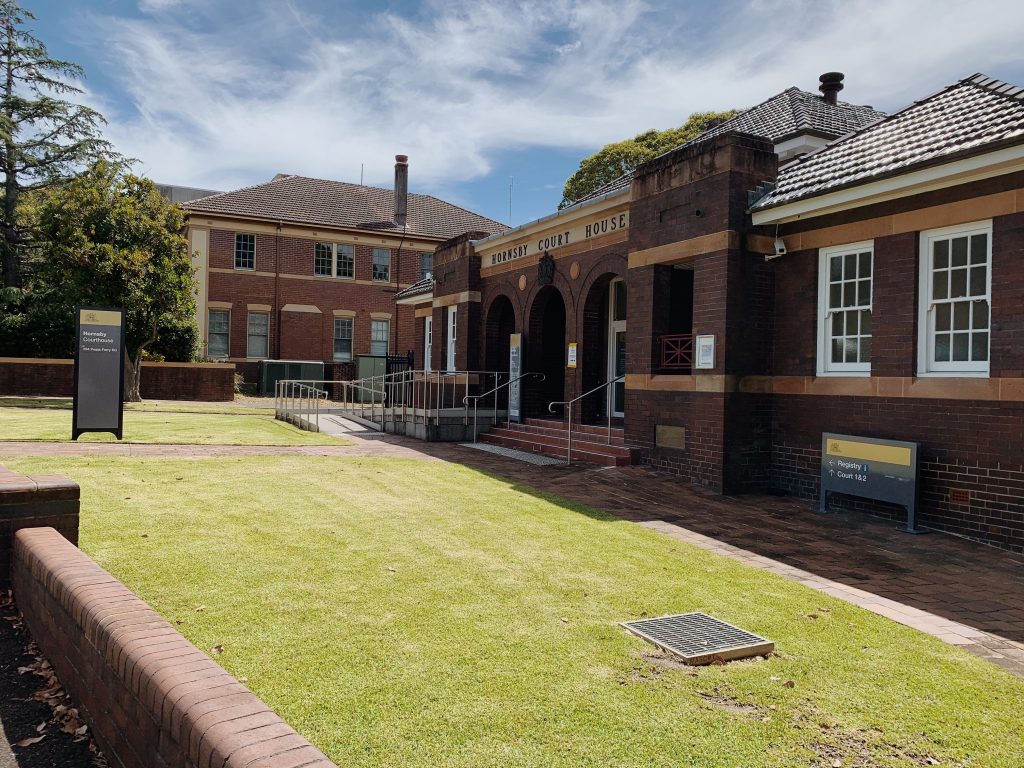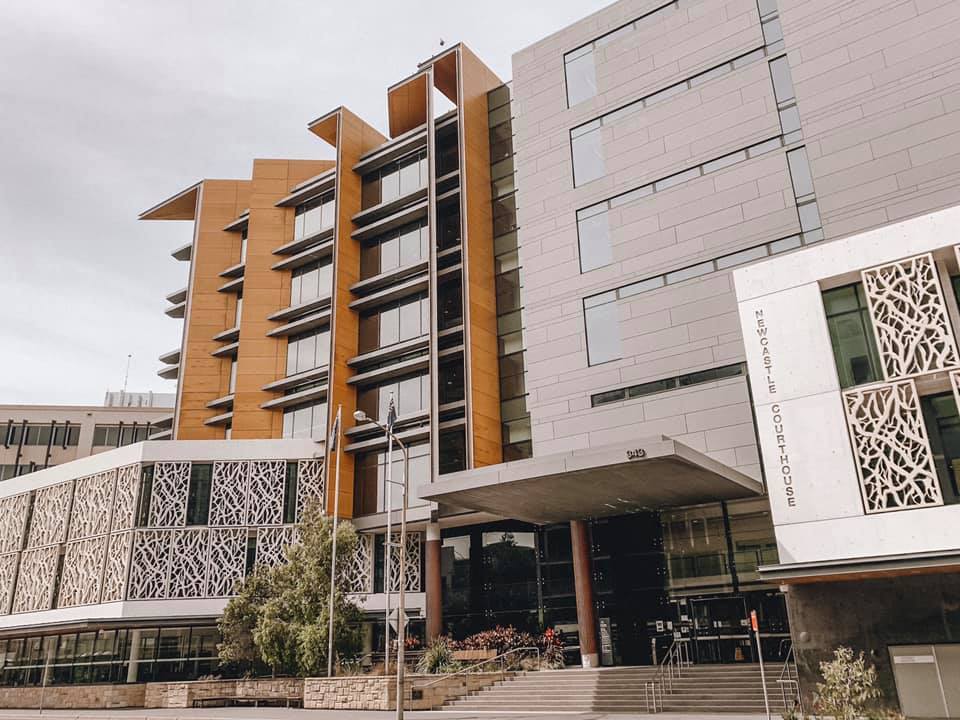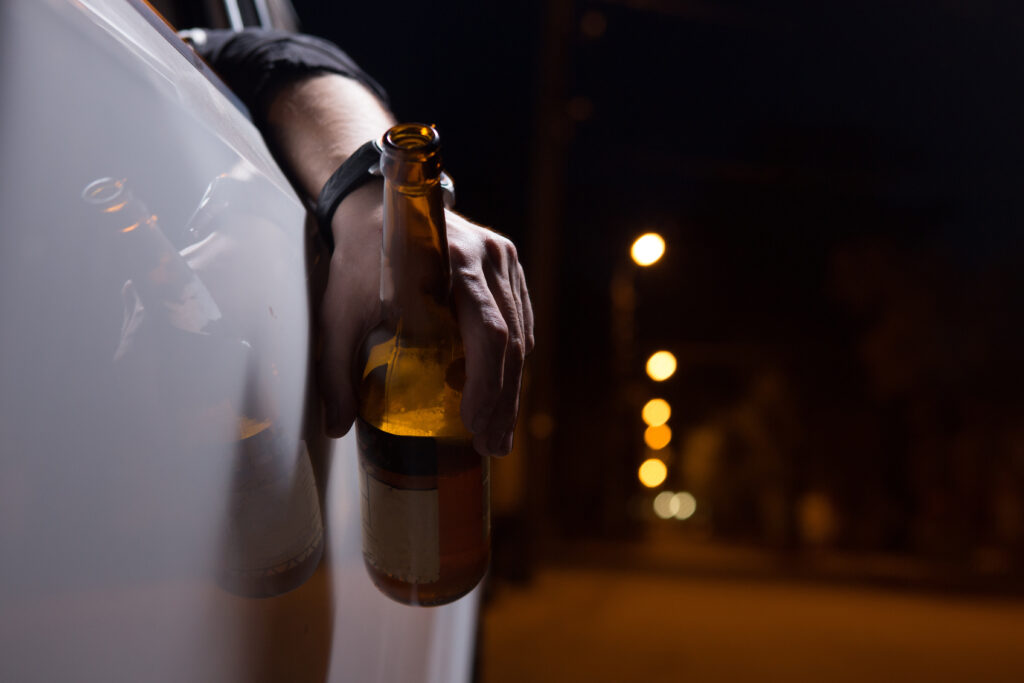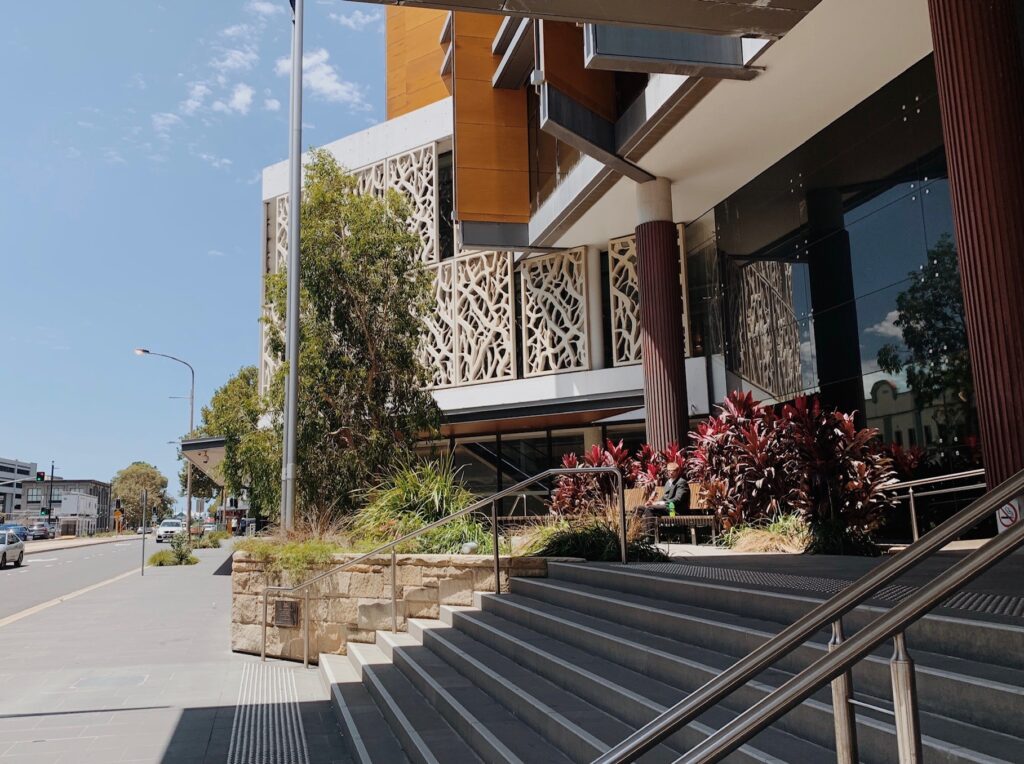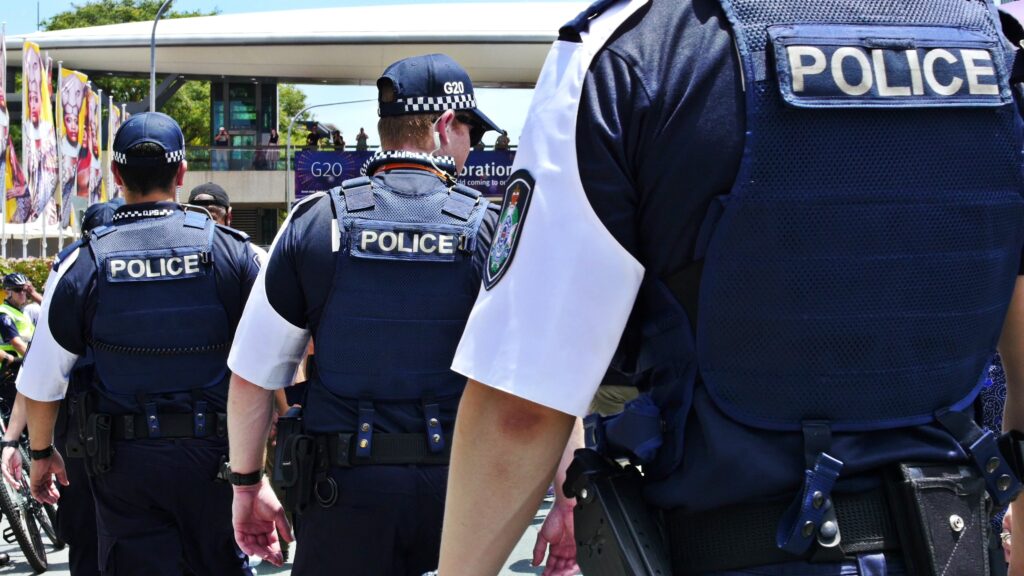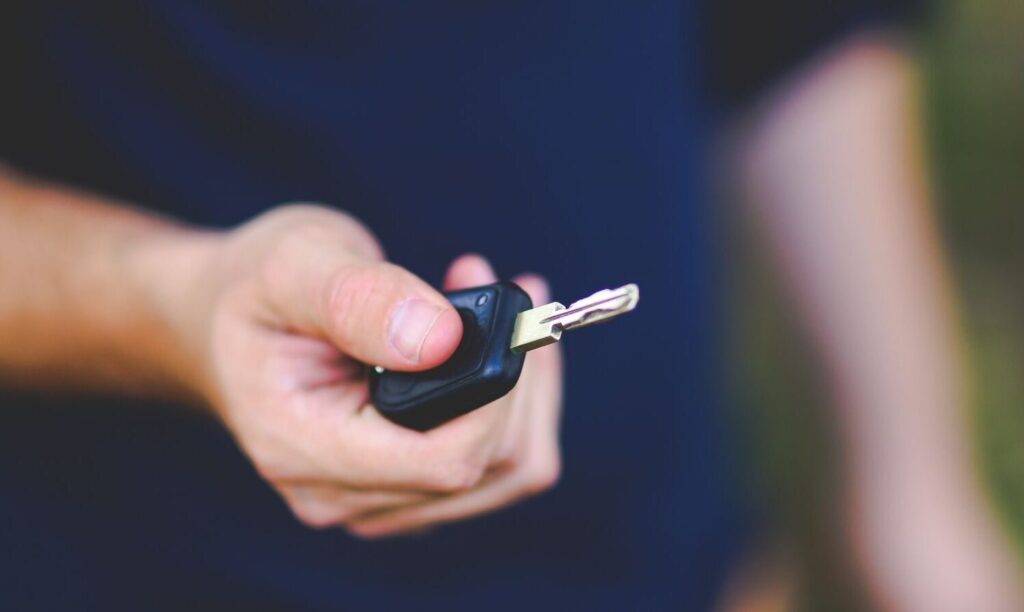What is a Serious Indictable Offence?
A ‘Serious Indictable Offence’ is an indictable offence that carries a maximum penalty of more than 5 years imprisonment.
Indictable offences are criminal charges that can be prosecuted on indictment. In other words, a judge can hear these charges in the District or Supreme Court.
However, a higher court will not always hear serious indictable offences. Many serious indictable offences are dealt with summarily in the Local Court. This includes offences like Assault Occasioning Actual Bodily Harm, Damage Property and Stalk/Intimidate. Whether these charges are kept in the Local Court will ultimately depend on how serious the alleged offending is.
Offences such as Murder and Sexual Assault are ‘Strictly Indictable Offences’, meaning they must be dealt with in a higher court. These charges will start in the Local Court, before being committed to a higher court for trial or sentence.
What does it mean?
Generally, serious indictable offences will attract a harsher sentence. This is because they are more serious offences, due to the higher maximum penalties that apply. For example, Assault Occasioning Actual Bodily Harm is a more serious charge than Common Assault, which carries 2 years imprisonment.
The other important consideration is in relation to bail. If you commit a serious indictable offence while you are on bail or parole, it is harder to get bail. This is because the new offence becomes a ‘show cause offence’, under section 16B(h) of the Bail Act 2013 (NSW). As a result, you will need to demonstrate why your release is justified.
What should I do if I’m charged with a Serious Indictable Offence?
Obtaining legal advice is the most important thing you can do. It is important that you understand what you have been charged with, and the maximum penalty that applies. But it is also important that you understand your options. Sometimes, police do not have enough evidence to prove someone committed an offence. Other times, police may agree to negotiate and proceed with a less serious charge. In addition, discounts apply to the sentence you receive, depending on the timing of your plea of guilty.
W & Co. Lawyers specialise in criminal and traffic law. We offer FREE initial consultations, so that you can receive quality advice and understand your charge.
Call us now on 0421 700 497.
What is a Serious Indictable Offence? Read More »



